 I have been teaching Jewish studies for about four years. At five different institutions on three continents I have taught Biblical Hebrew language, Torah and historical books, Jewish cultural history, Jewish mysticism and the Hebrew Bible in the Middle Ages. My experience largely spans the economic crisis, when discussion about the humanities has increased.
I have been teaching Jewish studies for about four years. At five different institutions on three continents I have taught Biblical Hebrew language, Torah and historical books, Jewish cultural history, Jewish mysticism and the Hebrew Bible in the Middle Ages. My experience largely spans the economic crisis, when discussion about the humanities has increased.
If venerable departments of Romance languages or classics have been cut, how can we justify Jewish studies today? The schools I taught at do not usually train rabbis. Many Jewish students take advantage of these courses to learn more about their history. Also, non-Jews are interested in learning about the history of this ‘exotic’ people. However, during my time teaching I saw one of my courses, which used to satisfy an ethnic studies credit, move out of this designation.
Can Jewish studies serve a purpose if it does not tell the student his or her personal story, and if it is not ‘exotic’ enough to satisfy a breadth requirement? I believe that Jewish studies provides a unique opportunity to develop critical thinking. Jewish studies includes a rich corpus of writings and experience that develop around similar themes. The student of Jewish studies — I include myself — learns about acquiring, assimilating, and discussing memory in ways that teach one how to be human.
Every instructor loves a success story. One student of mine struggled. I would ask him a question, he would not know the answer. He had trouble keeping up with the reading. Yet he was an intelligent, pre-law student.
The Talmud saved him. He discovered that the Talmud was legal writing. His other courses steeped him in legal writings. “Berakhot” was not just about when one had to recite the “Shema,” but about creating a legal argument. After this discovery, something clicked. He decided to take on an extra-credit assignment. He signed up to give a presentation to the class with over 50 students about the medieval Jewish philosophy. Though I was worried, he presented a clear, coherent summary of Maimonides and others and the basic questions they were addressing.
The experience with this student reminded me that Jewish studies comprises authors trying to live according to Torah. These writers always try to learn from their predecessors, whether they agree with them or not, and re-present their teachings to a new, contemporary audience. Though usually addressing an audience of insiders, they teach humanity how to build meaning from one’s ancestors without losing relevance. And they teach how to express it clearly and creatively.

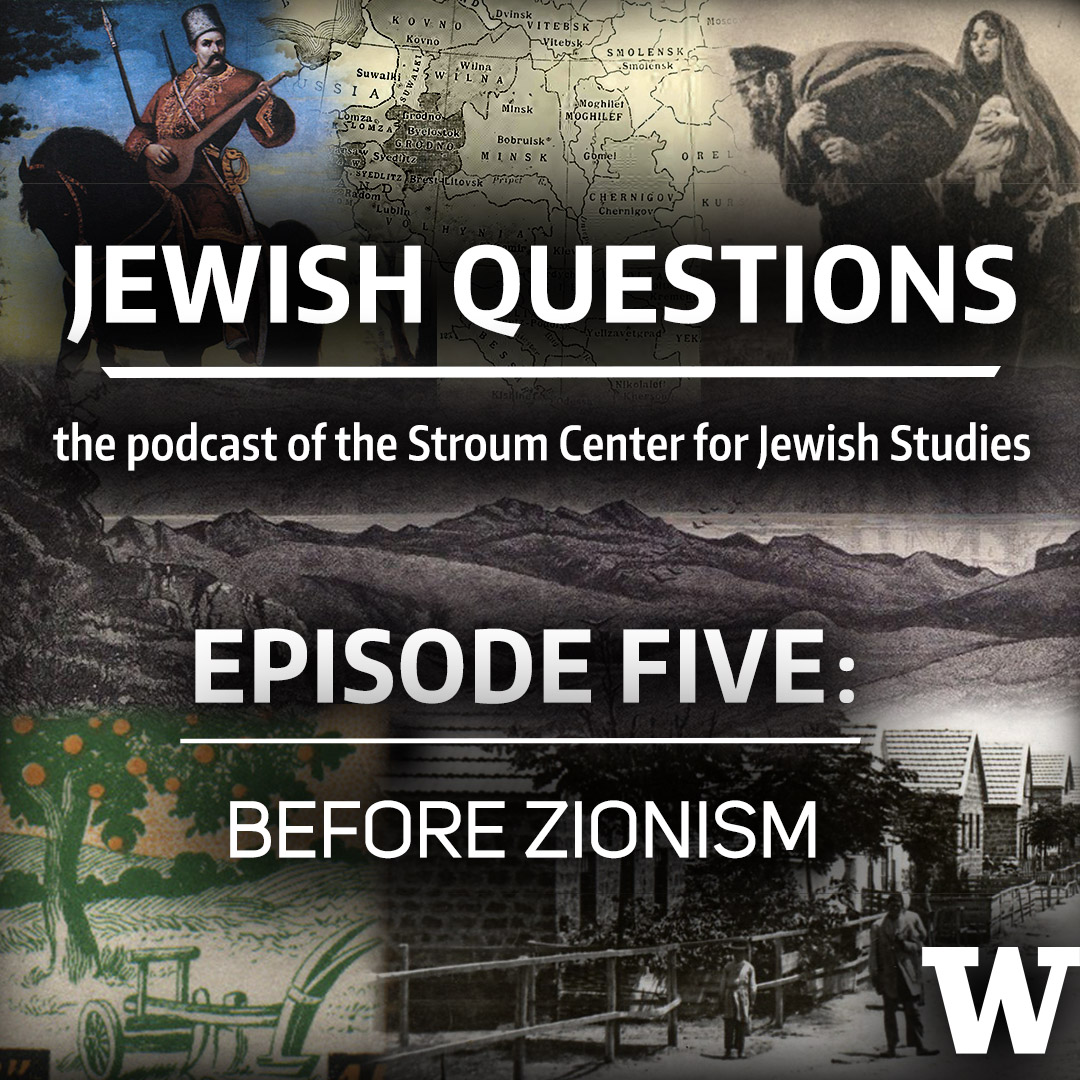

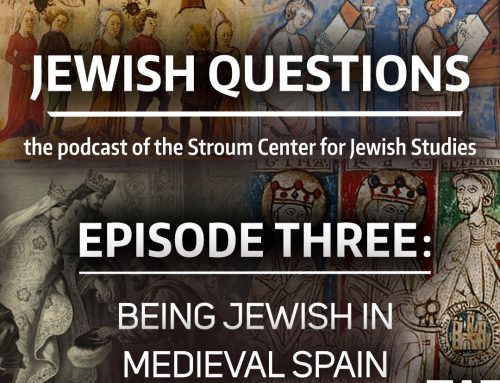
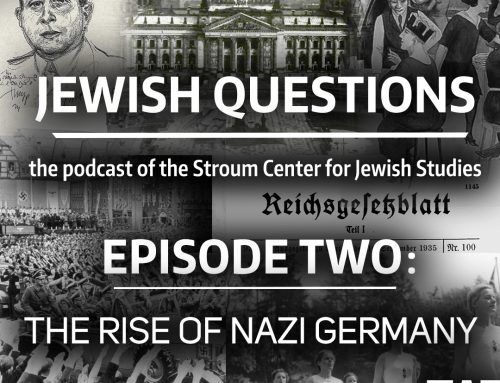
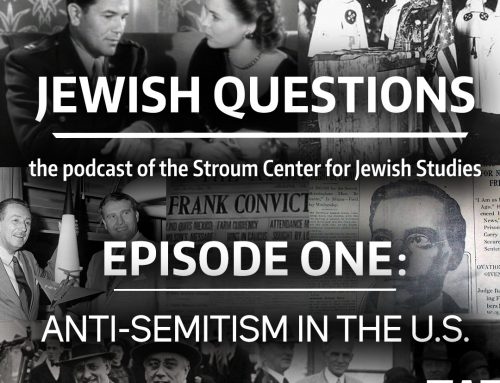
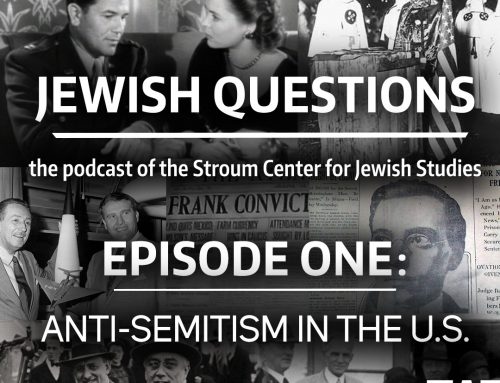
Leave A Comment